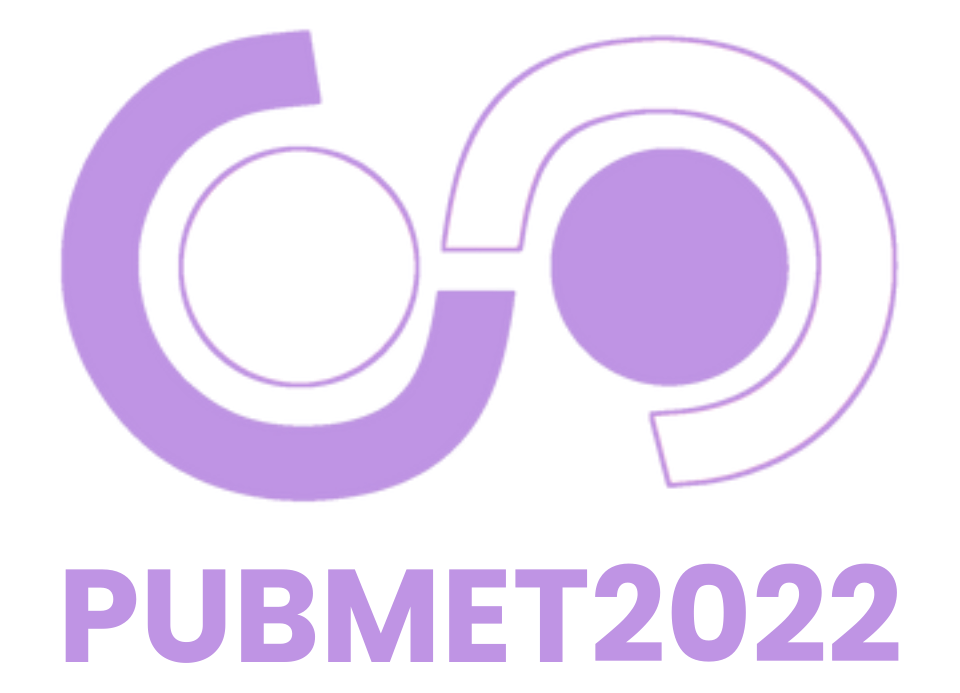Building National Open Science Cloud Initiatives (NOSCIs) in Southeast Europe: supporting research and scholarly communication

The project National Initiatives for Open Science in Europe – NI4OS Europe supports the development of the European Open Science Cloud (EOSC) by contributing to its portfolio of services, engaging national and regional research communities in the EOSC governance, strengthening Open Science (OS) practices and promoting the FAIR principles (Macan et al., 2020; Garavelli et al., 2021). It thereby helps build infrastructure and create a favourable environment for open and intensive scholarly communication.
The main instrument in achieving this is the network of 15 national Open Science Cloud Initiatives (NOSCIs) established in the partner countries as national-level coalitions of Open Science stakeholders that have a prominent role and interest in the European Open Science Cloud. The concept of NOSCI has been developed in response to the specific traits and challenges in the targeted region, based on complex and multilayered analyses of stakeholders, policies and local contexts (Toli et al., 2020). Inclusive by nature, NOSCIs connect at the national level stakeholders from across the research lifecycle and provide not only a testbed for the formulation of OS policies, but also a forum for knowledge dissemination and sharing.
Drawing on a secondary analysis of the abundant data collected and materials produced during the project, the presentation focuses on the challenges identified throughout the process of building the NOSCIs – from data collection in the context of landscaping (Kosanović & Ševkušić, 2019) and policy analysis, through concept development, to implementation, testing and verification (use cases). It highlights the relationship between individual challenges and NOSCI elements that address these challenges.
The challenges are largely determined by the diversity within the region, most notably, the varying levels of integration into European structures (out of 15 partner countries, eight are not EU members), linguistic diversity, different research governance systems, policy traditions and levels of available funding. The framework for NOSCI development, the so-called blueprint (Toli et al., 2020), was designed in full recognition of these diversities. It relies on three modular workflows (Toli et al., 2021) and gives to countries or to national initiatives maximum flexibility, while making sure that all locally specific aspects are addressed.
The relevance of the presented analysis lies in the fact that the approach adopted by the NI4OS-Europe team could be applied in other highly diversified environments. This is confirmed by the NI4OS-Europe use cases, which demonstrate that the mechanism underlying the concept of NOSCI, based on an open and flexible interaction between challenges, as the input, and responses, as the output, could be adapted to and implemented in different local contexts.
Kalliopi Kanavou
Athena Research & Innovation Centre
Athens, Greece
ORCID ID: https://orcid.org/0000-0002-0236-1067Biljana Kosanović
University of Belgrade Computer Centre
Belgrade, Serbia
ORCID ID: https://orcid.org/0000-0003-0543-4767Katerina Lenaki
Ministry of Education
Athens, Greece
ORCID ID: https://0000-0001-7984-8888Elli Papadopoulou
Athena Research & Innovation Centre
Athens, Greece
ORCID ID: https://orcid.org/0000-0002-0893-8509Ilias Papastamatiou
National Infrastructures for Research and Technology – GRNET S.A.
Athens, Greece
ORCID ID: https://orcid.org/0000-0002-9901-5944Electra Sifacaki
Athena Research & Innovation Centre
Athens, Greece
ORCID ID: https://orcid.org/0000-0002-0154-1533Milica Ševkušić
Institute of Technical Sciences of SASA
Belgrade, Serbia
ORCID ID: https://orcid.org/0000-0002-2888-6611Eleni Toli
Athena Research & Innovation Centre
Athens, Greece
ORCID ID: https://orcid.org/0000-0002-3907-2496
